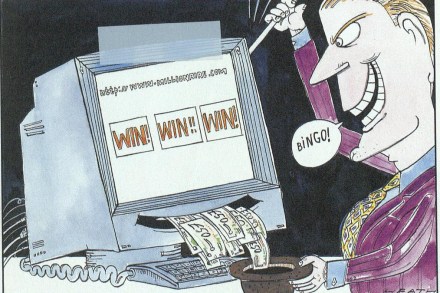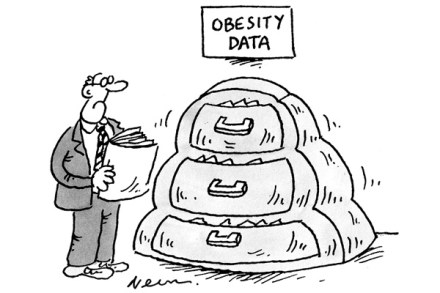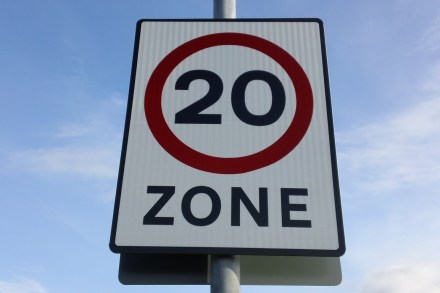Which European country has the largest nanny state?
Across Europe, Nanny’s influence is growing: there has been a steady erosion of liberty for those of us who like to eat, drink, vape or smoke. Leading the pack in the 2025 Nanny State Index is Turkey where the state’s penchant for control borders on fetishistic, banning vapes outright and taxing alcohol off the scale.





















